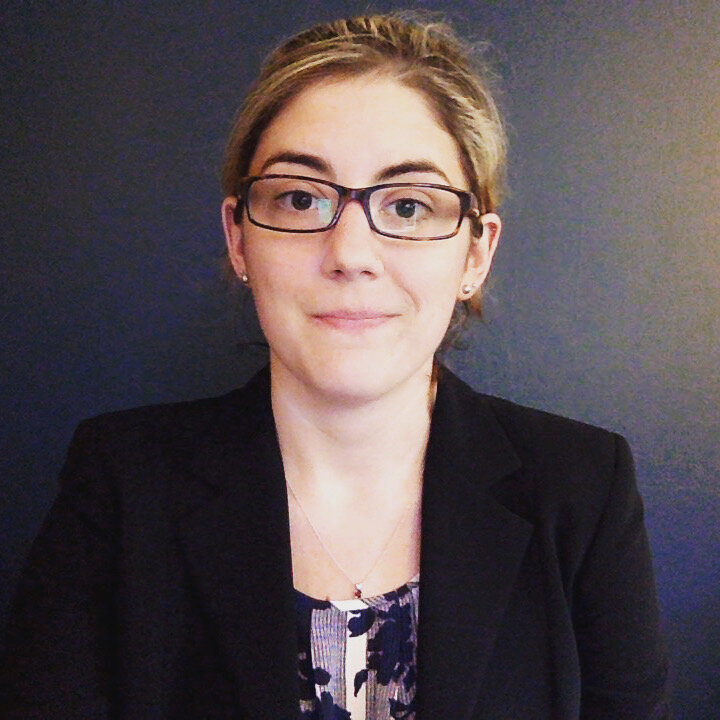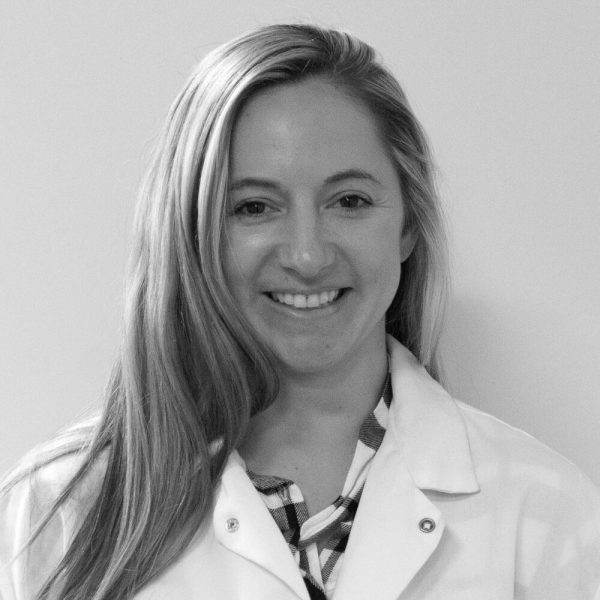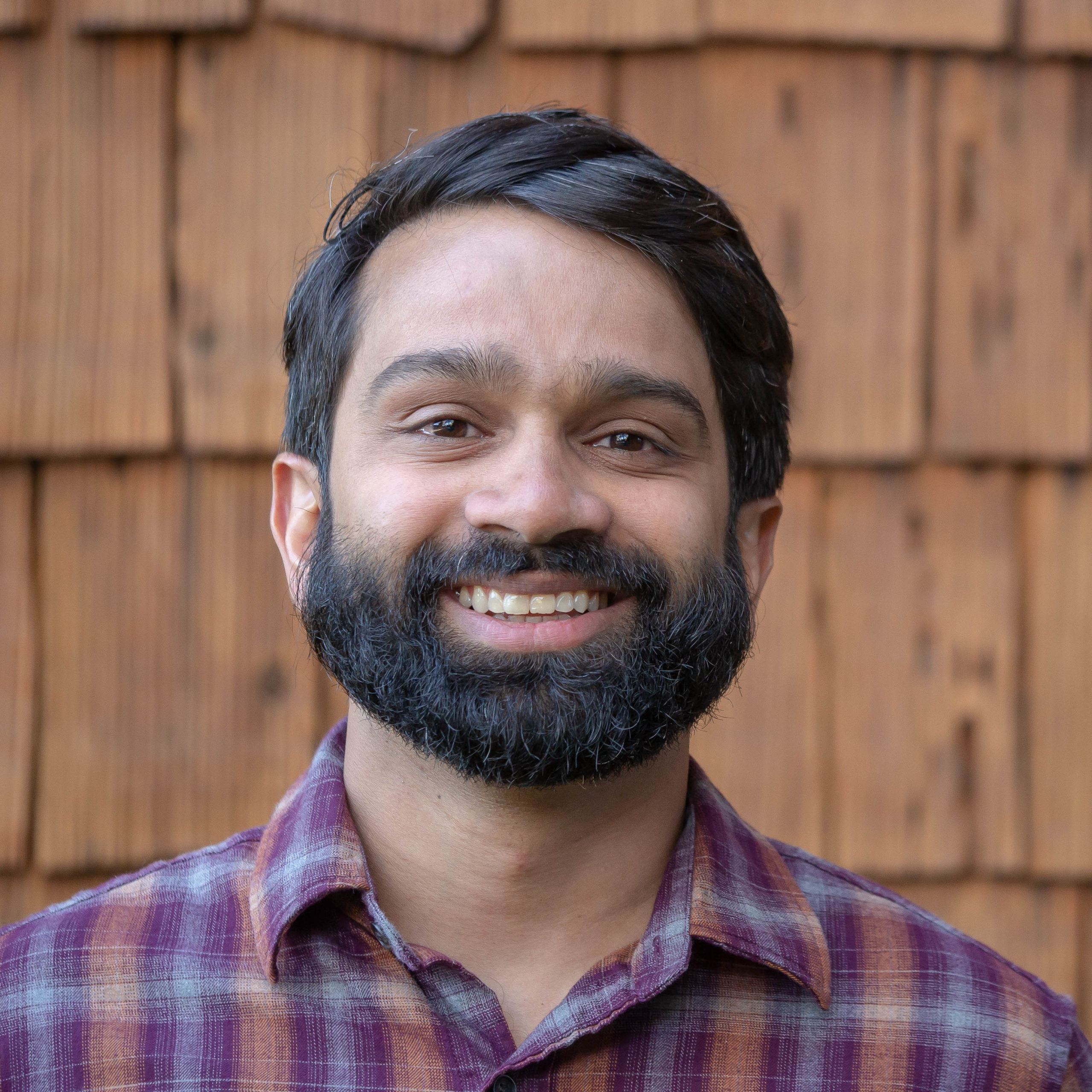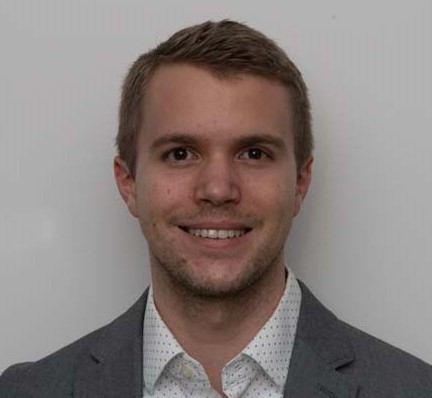Biomedical Research / Scientific Community
Featured Investigators
We’re proud to provide a platform for researchers across the world to explore topics within and adjacent to the single ventricle field. This series specifically highlights the work of early career investigators that are moving the needle in the single ventricle research landscape.
Camille Johnson, MS
Camille Johnson is a Bioengineering PhD student at Georgia Institute of Technology (Georgia Tech) in Atlanta, GA. Camille works in the laboratory of Dr. Omer Inan in the School of Electrical and Computer Engineering at Georgia Tech. The Inan Research Lab broadly focuses on designing clinically relevant technologies for quantifying and monitoring human health. Camille’s research uses biological signal processing and machine learning to address important knowledge gaps in the field of pediatric cardiology.

Article published August 23, 2021
What inspired you to conduct research in this field and to include single ventricle as a focus?
My initial interest in cardiology and cardiac mechanics began with learning of my own congenital heart defect when I was a child. Though it was a trivial ventricular septal defect that ultimately healed on its own, it spurred my curiosity into how I could help those who were not so fortunate.
I began evaluating my career choices in research during my undergraduate studies in Biomedical Engineering at Georgia Tech. During my junior year of college, I built my own at-home EKG monitoring system with the aid of a circuit board kit, a few EKG leads, and my laptop. I weighed the options of applying to medical school or graduate school, and ultimately decided to employ my engineering-geared mind (for which I’d like to thank my outstanding parents, educators, and mentors in my formative years) toward researching cardiology from an engineering perspective.
What motivates you to do what you do?
I like to think of the heart as the engine of the human body. When the engine is not constructed correctly or if it malfunctions, the machine doesn’t run properly. I learned about fuel pumps in a handful of thermodynamics classes and the cardiovascular system in my anatomy and physiology courses. A research opportunity fell in my lap when I began graduate school that allowed me to work with local hospitals in investigating the hemodynamics of the Fontan circuit. I became engrossed in my research, finally able to find a union of what seemed like a disjointed set of fundamental coursework that I opted to take. I was able to learn about the treatments that children with single ventricle hearts undergo in order to have a functioning “engine.” I am currently working with a handful of incredibly intelligent and devoted doctors and engineers in deriving health outcomes for those children following their first surgical palliation through non-invasive measures.
My motivation for doing what I do is simple: I wish the best in and for anyone. If there is something that I can discover in my research that will allow these children to lead fulfilling lives and grow into beautiful and functioning adults, I intend to do so. I strive to be selfless and successful in my achievements, hoping that I can “touch” as many hearts as I can.
Based on your experience, what are some gaps in the field we have yet to fill as a community?
With the growing base of research on wearable technologies and machine learning/artificial intelligence algorithms, I believe that there lies a disparity in what we are doing and what we can do in this field. I believe these wearable health-monitoring systems can and will be developed in time, but rely on continuing and growing the collaboration between clinicians and researchers devoting their efforts to investigating this disease.
I am very grateful for the teams that I work with, including the academics and researchers, the clinicians, as well as the patients and their families. I recently read an article detailing the at-home monitoring protocols of patients with single ventricle disease and believe that in due time, there will be improved protocols and monitoring systems for these patients, and ultimately continuing to reduce inter-stage mortality rates, and hospital readmissions.
What advice do you have for other early career investigators looking to get into this space?
My advice for those early career investigators looking to get into this space is not ground-breaking, but fairly straight-forward: ask the important (and impactful!) questions often, be creative, and always remember that each stride that we make in this field is bettering the life of lots of kids and their families, in ways that we cannot even begin to imagine.


